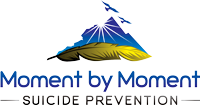Community-Based Suicide Prevention
Dr. Julie Rickard is highly skilled at addressing and managing suicide prevention issues in communities. She has worked with many communities, state agencies, families, employers, healthcare agencies, and individuals over the years. There is no population that she is not skilled at helping. Reach out to Julie for consultation or training to address community issues that arise.
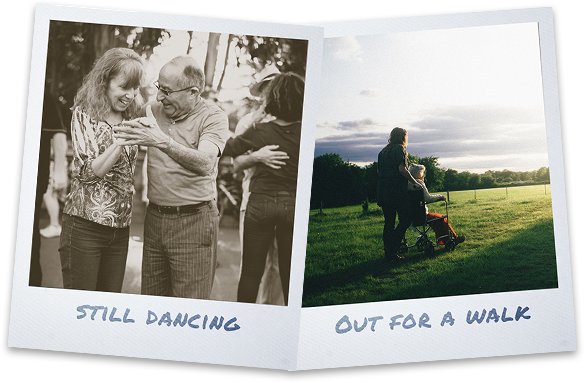
Long-Term Care Facilities
Senior LTC staff have difficult work. Often while they are hands-on and very close with the residents, they serve top down from administration. Nurses and CNA’s often require more training to help raise capacity to prevent suicide or recognize a problem. We have developed a model and screening tool to assist LTC facilities in recognizing risk and shifting the culture.
How can we help?
We evaluate individual facilities to determine how best to implement a suicide prevention program. Staff training and senior mentor training are also offered. More broadly, consultation is available on policy, training, and models of care for states to implement across the system of Long-Term Care Facilities.

Schools & Colleges
Many schools or colleges have yet to think about how best to address suicide prevention. Often there are culture issues that must be addressed either first or as part of the work—such as lack of tolerance for diversity, lack of value in differences, bullying, and a culture of avoidance. Consultation is available to address specific issues that may be occurring or more broad issues.
Middle Schools
Middle schools have a major opportunity to shape the future as often patterns begin to form during the middle school years. If middle schools would adopt ways of shaping the culture, we could see real change moving forward. I consult with elementary, junior high, or high schools that are willing to learn how to address issues or need help evaluating their current system. I train staff and evaluate the need for changes with current groups or development of new groups for students and provide recommendations.
Colleges
Colleges more frequently engage my services for staff issues or establishing healthy workplace culture in specific departments. I spend time assisting with policies and working to train staff and students. Lack of engaged employees or disgruntled employees can lead to toxic environments. Addressing dissonance as soon as possible is beneficial for students and staff.
How can we help?
For any educational setting, we provide assistance with designing programs specific to your learning environment to address problems and evaluate the need for training—for both staff and students. The goal is to have a well-rounded program that addresses current issues and is resilient to grow with the school community into the future.

Parents
Parents are often forgotten in the literature regarding suicidal ideation in their children; yet, parents are the people that linger at my lectures trying to get their questions answered. Most feel overwhelmed and concerned. They lack answers to how best to address their fears.
How can we help?
Consultation and evaluation are available for issues that families may be undergoing.

Youth
Suicide in youth is a scary thing for schools and parents. Neither know exactly what to do and tend to take a hands-off approach. More like hot potato. The problem with this approach is that youth quickly realize that people are afraid of them when they say they are having suicidal thoughts. It can leave them feeling like they can’t get the help they need or want. The goal with youth suicide prevention work is to assist youth in accessing competent care. Knowing how to engage and determining the right level of care is important.
How can we help?
We provide support through a consultation with the family or through a one-on-one evaluation to determine the appropriate level of care and provide recommendations.
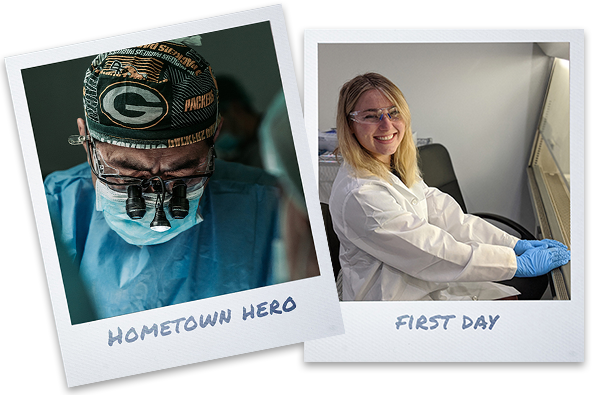
Healthcare Clinics & Hospitals
Systematically, the goal is zero suicide. There is lots of work to do to help systems diminish suicide rates to achieve this goal. I evaluate current systems and make recommendations on what is needed in order to achieve the goals the clinic/hospital seeks. This can be as simple as training staff in suicide prevention, training medical providers in suicide safe care and minimizing risk. This can also look like consulting to help set up entire systems of care that shape the way patients view the care they received for mental health.
Healthcare has a pressing need to get suicide prevention right. Approximately 45% of patients dying by suicide will have seen their primary care provider in the previous month prior to their death—a missed opportunity for suicide prevention.
How can we help?
We specialize in working with healthcare clinics and hospitals on suicide prevention management in line with the goals sought. We provide consulting, presentations and training.
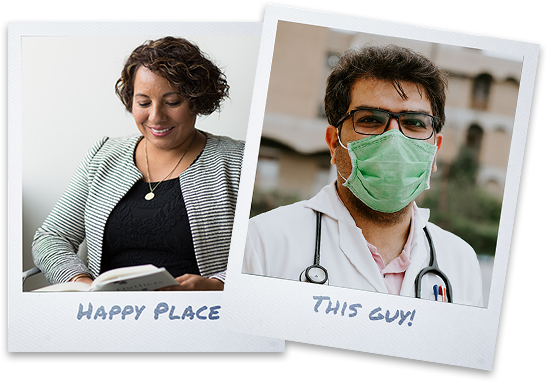
Physicians & Staff
Physicians have one of the highest rates of suicides of all professions. Other staff such as nurses also have high rates of suicide.
Suicide prevention supports resiliency in helping professions, their organizations and the communities they serve. In addition to a loss of a colleague, physicians are difficult to recruit, which could leave a large hole in the organization if someone dies. Nursing shortages can also leave other staff needing time off and a large vacancy.
It is important to set up second victim programs that address medical errors and take care of the employees involved to build trust and shape culture. Further, ensuring there are programs in place to address burnout, stress, work-life balance for physicians, providers, and staff is also vital.
How can we help?
We provide consultation on programs or help put systems in place to address recurrent issues. We also are available to evaluate staff that may need help. We also support in ensuring there are programs in place to address burnout, stress, work-life balance for physicians, providers, and staff.

Mental Health Providers
While mental health workers are on the frontlines managing the masses that struggle to function, who is helping the mental health providers and leaders? Very few mental health providers have places they feel safe in accessing care when they need it or when they are in a crisis.
Helping systems build capacity to support mental health professionals is important. With the ethics rules that disallow dual relationships, mental health professionals run into barriers seeking the help that may be needed.
How can we help?
We provide consultation on systems of care in the community. We can support in helping find ways to redeploy resources differently to ensure mental health providers can get the help they need or collaborate on programs that work to address the deficit.
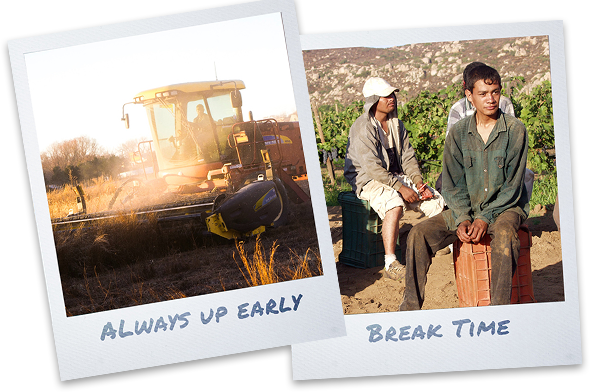
Agricultural Workers
Agricultural workers are among those with one of the highest suicide rates compared to other occupations. The presence of suicide in agricultural workers is minimally addressed in any systems of care.
How can we help?
We specialize in helping communities to look at suicide and come up with a system to address its presence. We consider the many interrelated relationships including the family, other farmers—who are now at more risk, and the youth when working together.
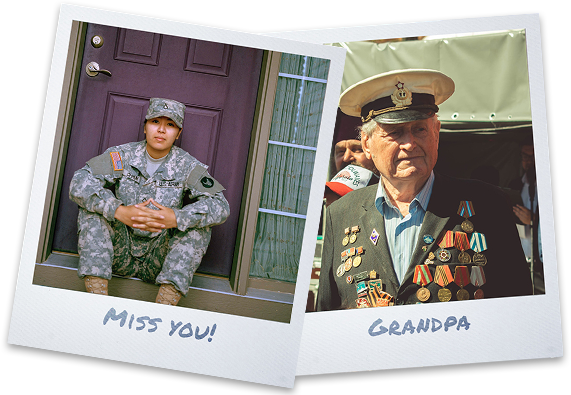
Veterans
Veterans can appear to be unaffected by suicide as many health systems and health districts are not collecting the info and data about their experiences. However, what we do know is that approximately 15 deaths per day in the U.S. are veterans who die by suicide.
How can we help?
We provide one-on-one evaluations and can help to develop systems of care to address barriers and support veterans.
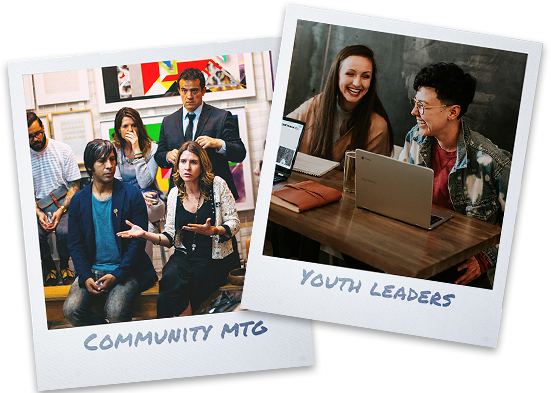
Coalitions
Convincing stakeholders to invest in suicide prevention takes work. Suicide is a difficult topic and not one most want to discuss. It can be hard to get funding, unless you are able to secure a state grant. Collaborating with experienced people that can assist you is invaluable.
How can we help?
Dr. Rickard has helped many coalitions over the years become successful at making positive changes within their communities. Connect to schedule a consult.
Community-Based Suicide Prevention
The work is to look at major systems that are lacking structure and help to guide the work that needs to be done.
